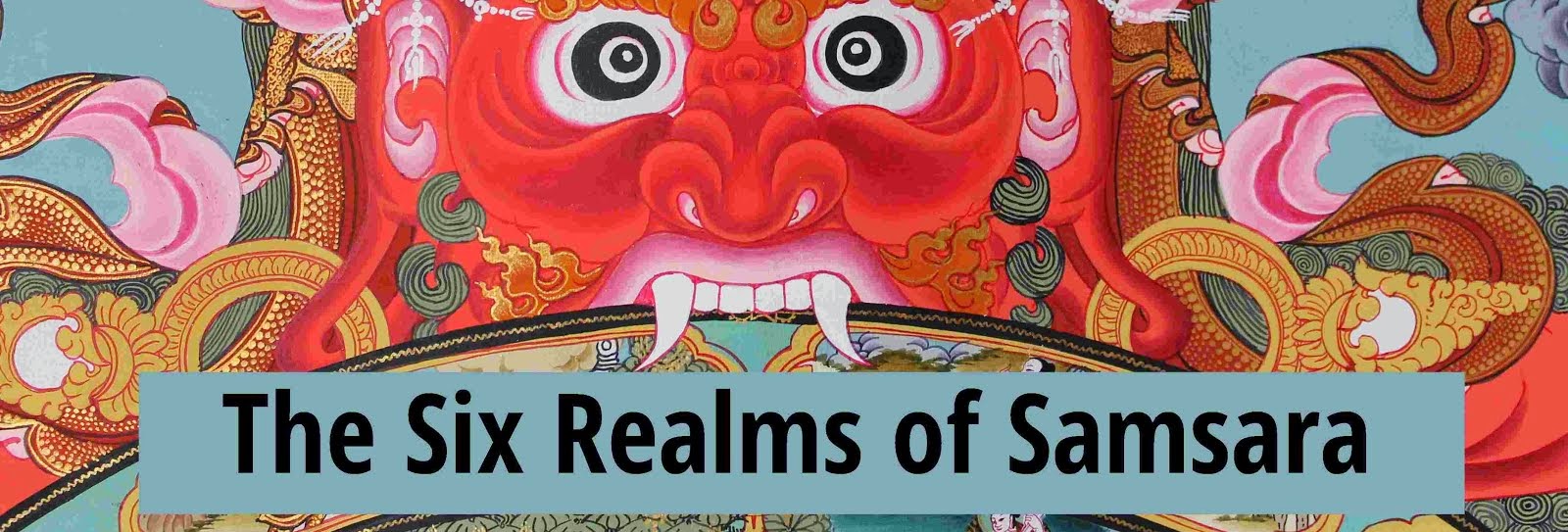We All Live Within the Realms of Suffering
The first noble truth—the simple acknowledgement
of our struggle—is actually good news. If we start any journey with
rose-colored glasses or false promises, we end up disillusioned. If we start
with an acknowledgment of reality, free from shame or embarrassment, connecting
our own struggle with the struggle of others, then we can move toward a genuine
optimism. ~ Ethan Nichtern, The Road Home
There are many forms of suffering that are easy
to recognize. Today, we can readily recognize the suffering that is occurring
Nepal after this devastating earthquake. We see the suffering erupting in the
streets of American cities as anger arises over the persistent and systemic
racism against African American men. And we are often burdened with our own
troubles that may include heartbreak, anger, stress or depression.
Sometimes, we look upon others and envy them
their seemingly carefree existence. Wealth, we think, and perhaps good health,
are the keys to happiness. But in their own way, the wealthy and the privileged
also suffer.
The Buddhist symbol of the Wheel of Life
contains not just the realms of hell, hungry ghosts, and animals but also the
realms of the gods, demi-gods and humans. Each of these realms is a state of
suffering.
While it might be assumed that living in the realms of gods,
demi-gods, or humans is preferable to living in the realms of animals, hungry
ghosts or hell, this is not necessarily the case.
At first glance, the gods seem to have more pleasure and fewer sources of pain in their lives, especially compared to those who are living in hell, but the god realm is nonetheless a state of suffering.
All things are, however, impermanent, and even things that give us pleasure must come to an end.
The activities and possessions of the gods might give them pleasure in the moment, but the gods know that careers can be ruined, adoration lost, and money stolen or frittered away. The gods fear the end of their pleasure-filled lifestyle, and if they do not experience its loss during their lifetime, they live in dread of its loss at death. This fear of imminent loss is a constant source of suffering for the gods.
At first glance, the gods seem to have more pleasure and fewer sources of pain in their lives, especially compared to those who are living in hell, but the god realm is nonetheless a state of suffering.
All things are, however, impermanent, and even things that give us pleasure must come to an end.
The activities and possessions of the gods might give them pleasure in the moment, but the gods know that careers can be ruined, adoration lost, and money stolen or frittered away. The gods fear the end of their pleasure-filled lifestyle, and if they do not experience its loss during their lifetime, they live in dread of its loss at death. This fear of imminent loss is a constant source of suffering for the gods.
In comparison, for those living in hell, who suffer
what appears to be a life full of pain and torture, the impermanence of
all things means their hellish existence will also come to an end. All the
realms are realms of suffering. Only through the realization of nirvana will we
be free from suffering. And there is always hope, for within each of the
realms, the Buddha can be seen offering those of us living therein whatever
lessons we require to develop awareness and, thereby, to attain enlightenment;
we merely have to choose to accept the opportunities we are presented with.
Observing ourselves and others living
within the realms of suffering should not invoke such feelings as blame, anger
or regret. To the contrary, all states of suffering are full of potential, full
of opportunity. It is therefore possible, through awareness, to look upon
suffering—to experience suffering—with feelings of acceptance and forgiveness,
and hope.

The prayers
of Mata Amritanandamayi Devi, who is known as the living Indian saint Amma,
reinforce my hope. One day, during a gathering of her devotees, as Amma was
giving her blessings (darshan), someone presented her with a baby bird
that had fallen from its nest. She fed the little bird and she gave it her
blessing, and she said that the bird’s vulnerability, neediness and cries for
sustenance reminded her of the suffering of people all around the world. She
explained that only through true love and compassion could such suffering be
alleviated. This is what she said to her devotees that day: “Children, the
tears of those suffering from extreme poverty and other misfortunes, as well as
of those who have more than enough materially but are still crying out deep
within, can only be dried by pure love and compassion. May that compassion
awaken in everyone, everywhere.” (Aug 3, 2014, amritapuri.org.)
For further explanation of these ideas please see "The Wheel of Life: A Brief Explanation" in The Six Realms of Samsara: Stories for Awakening by Lindsey Arnold . Now available on My Author's Spotlight . Please also see my other blogs on A Guru Once Said. Thank you!


